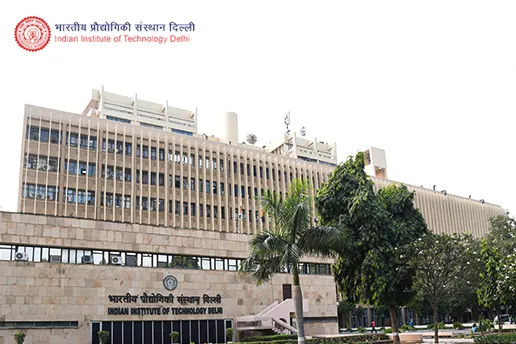
The Banking and finance sectors have started looking towards Cloud-based solutions for their IT infrastructure needs. It provides 2 clear advantages to the banking system : (1) data storage resources and (2) massive computing power. Cloud-based architecture has many other features too, like cost-cutting, scalability etc. which we will discuss in detail in this article.
Cloud is slowly becoming a part of banking infrastructure. Professionals who enter the banking and finance sector are now expected to be familiar with Cloud technology. Thus, many universities that offer banking and finance courses, have now added Cloud-based banking infrastructure to their course syllabus. Banking certificate courses, like BBA and MBA in Banking and Finance, have also integrated Cloud-based banking infrastructure, in their curriculum.
Features of Cloud-Based Banking Infrastructure
Cloud-based banking provides the following unique features:
- Collaboration – Cloud allows data sharing between fellow employees of a team, or a large network, making the process of problem-solving faster and more accurate. This leads to a better customer experience. Modern banks look for employees who are comfortable working on Cloud-based technology and that is why contemporary professional banking courses now include Cloud-based banking infrastructure as a part of their syllabus.
- Data Security – Cloud has better data security as compared to physical security in a location-based data storage infrastructure scenario. Cloud uses encryption mechanisms to secure its data. Data stored on location can be stolen, infected or destroyed if the hardware is damaged. But, Cloud uses off-location data centres that ensure your data is safe without any need for physical security.
- Cost-savings – Using a Cloud-based banking infrastructure helps make huge savings on the IT infrastructure budget. A part of the capital has to be dedicated to setting up IT infrastructures like computer systems, on-location servers, local area networks and IT staff. Cloud has inbuilt software to organise and compile data and perform various specialised tasks on an on-demand basis.
- Data Recovery – In cases of natural disasters or data tampering, Cloud computing equips banks to respond immediately, creating resilience. It can replicate data and send it across various geographical regions in a short period. This helps maintain trust, credibility and reputation of the bank. Data recovery acts as an added security feature to prevent the loss of valuable data.
Use of Cloud-Based Infrastructure in various banking functions
Many Banking Institutes have gained a competitive edge by incorporating Cloud technology in their daily operations. Some banks use Cloud computing for all core banking functions, while some use it in non-core functions, like customer service. The various functions where Cloud is used are:
- Data Storage
- Data Management
- Customer support
- Risk Management
- Research and Development
- E-Banking
- Governance
- Monitoring and Surveillance
To operate entirely on Cloud, banks are now in need of skilled individuals who are qualified with banking certificate courses. Cloud-based banking has emerged as an important technology in the banking sector.
Conclusion
Cloud technology has revolutionised the outdated banking model. It has created scope for innovative solutions and a better customer experience. In this digital era, Cloud-based banking infrastructure is helping banks meet the growing demands of the new-age customer. It is consolidating the banking system by interconnecting banking units across the globe.
FAQs
- What is the fees structure for Banking and Finance course
The fee structure depends on the college or university you choose. A few premier universities are offering this course.
The fee for a BBA in Banking and Finance course is approximately INR 1 Lakh for 3 years. And for MBA in Banking and Finance, it is approximately INR 2 Lakhs.
- What documents are required for enrolling in a Banking and Finance course?
The documents required to enrol in a Banking and Finance course are:
- Bachelor’s Degree
- Matriculation certificate
- +2 certificate
Some universities require additional documents.
- Can I enrol in the Banking and Finance course while being in the final year of graduation/post-graduation?
No, to enrol in a banking and finance course at graduation level, you must have completed your +2 Board certification examination. And, for MBA in banking and finance, you need to have completed your graduation degree.
- What are the subjects in the Banking and Finance course?
The subjects in Banking and Finance course are as follows:
- Financial Management
- Accounting
- Business Law
- Basic Computers
- Principles of Finance
- Microeconomics
- Macroeconomics
- Marketing in Banking and Insurance





